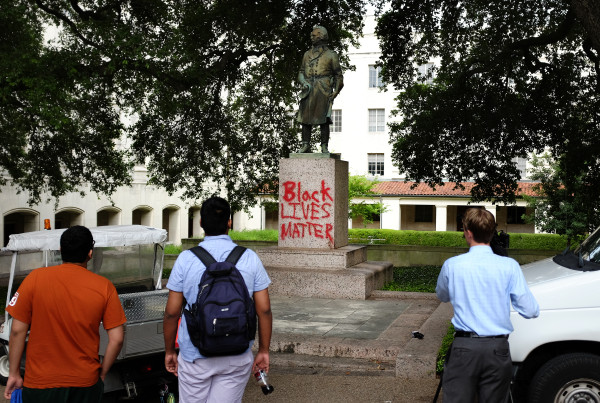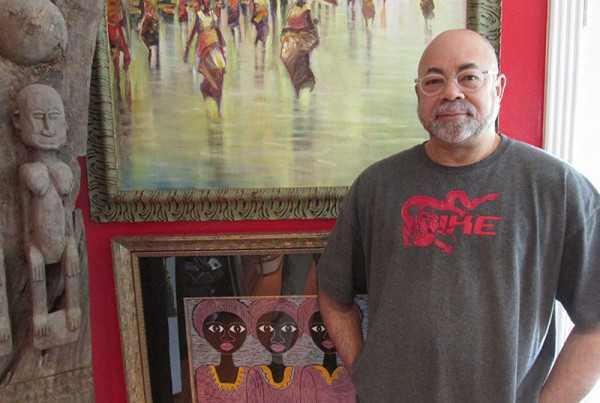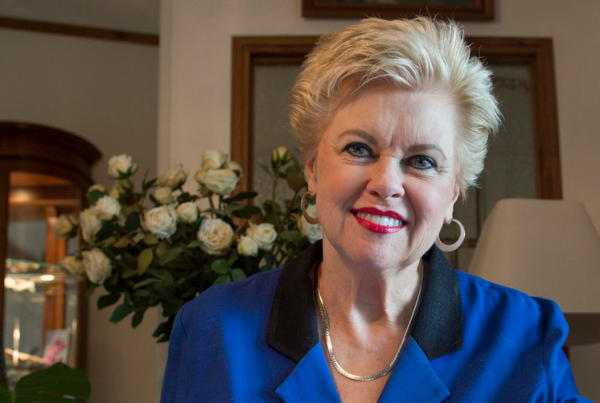The U.S. Supreme Court just wrapped up a momentous term. Last month alone brought decisions on upholding the Texas ban on confederate license plates, provisions of the Affordable Care Act (or as Justice Scalia likes to call it “SCOTUS care”), and then that little matter of same-sex marriage.
But now that the court is in recess we can calmly reflect on a few things at least. Whatever happened to that 5-4 conservative court? And what’s going to happen in a few months when the 2015 term gets underway? NPR’s Nina Totenberg discussed it all with the Texas Standard.
On same-sex marriage decision and Roberts’s Court:
“I don’t think it says something bigger about the Roberts’s Court. What is says something about is American society and, as Justice Ginsburg observed in an interview I did with her about an year ago, the court can’t drag people over the finish line but when society changes its view of what marriage is and what relationships are the court is there to make sure that individuals have the same rights as other individuals.”
On the liberals versus the conservatives:
“Well that [confederate license plate] case is illustrative because it was Clarence Thomas that sided with the four liberals. The four liberals can’t do squat without a vote from somewhere else…from one of those five conservative justices. And in a lot of cases different conservatives were won over to the liberal view, as a result this is a very big turn. The liberals won 19 of the 26 top ideologically divided cases – which is extraordinary.”
On Fisher vs. University of Texas at Austin:
“The Fisher lawyers are very determined. And they believe that there should be no consideration of race. I think people will see next term… but certainly if you had to guess there are four conservatives who believe there should be no consideration of race whatsoever, and Justice Kennedy who basically believes there can be a tiny, tiny consideration of race but not very much. And so the odds are not good for UT but I wouldn’t write them off because they won last time more or less.”
On Evenwel v. Abbott and one person one vote:
“Obviously, you live in Texas, you know if redistricting is done only based on those who are eligible to vote by a virtue of the fact that they’re citizens and of the right age and residency, etc. There would be minorities and immigrants, both legal and illegal, who would have far less power in elections.”
On the next big case:
“And don’t forget abortion. From your very own Texas the court has not yet taken that case but I would say it’s right on the griddle… It’ll most likely be the Texas case or the Mississippi case from the same circuit. It’s…hospital admissions rights, the degree of specialized building requirements, and also the distance women may be required to travel.”
Listen to the full interview in the player above.















